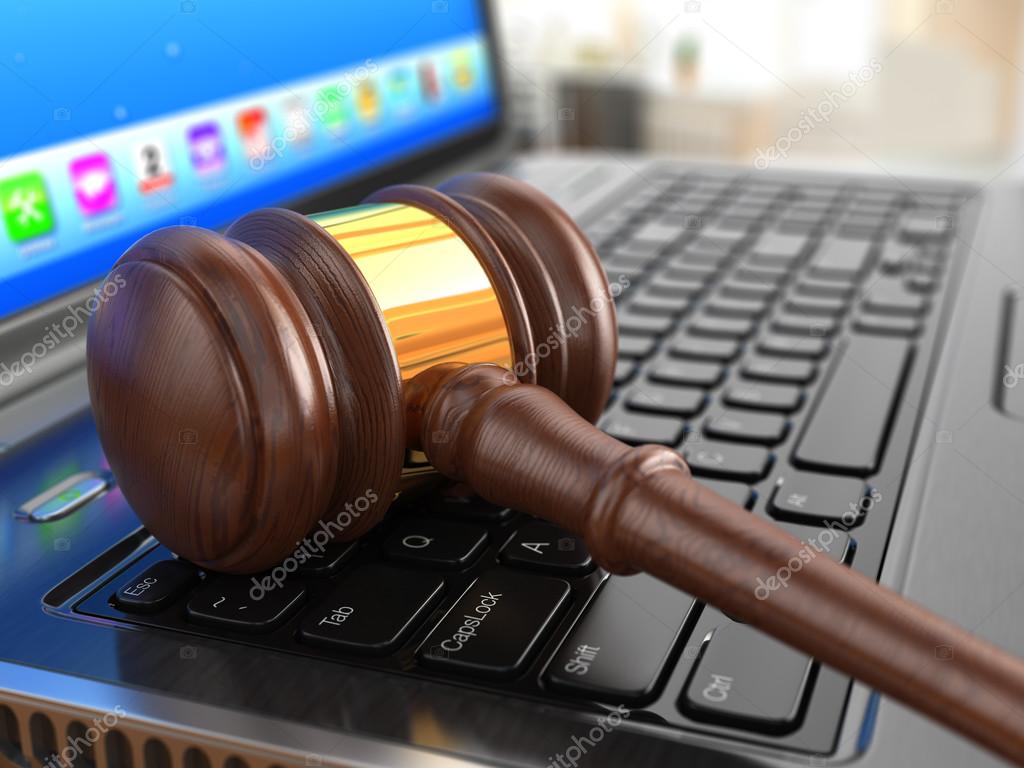Introduction
Computer ethics is defined as the set of rules governing the behaviour of others in their use of computers and the internet [1]. Similar to its regular counterpart, computer ethics does not necessarily dictate what citizens can or cannot do; rather, it reflects society's views of what is considered to be right and wrong. These principles mainly involve topics such as the privacy of other digital users, the protection of one's intellectual property rights, and effects of computer usage within our society (including the alteration of the job market and the social impact between online citizens) [1]. As technology constantly evolves with new innovations and devices, the need for a set of moral guidelines grows more apparent over time, requiring us to constantly revise and rethink the principles that make up the basis of our knowledge.
